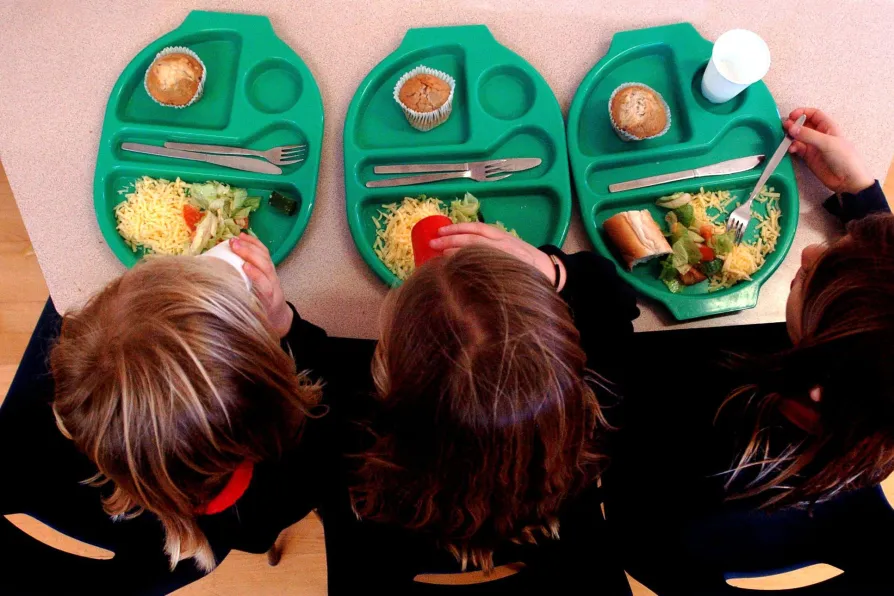Error message
An error occurred while searching, try again later.
 Pupils enjoying school dinners
Pupils enjoying school dinners
“THE modern labourer, instead of rising with the progress of industry, sinks deeper and deeper below the conditions of his own class. He becomes a pauper.”
These words were written over 177 years ago by Karl Marx and Frederick Engels in The Manifesto of the Communist Party. And yet, in spite of 177 years of attacks, criticism and attempts to dismiss the core thesis that capitalism impoverishes the working class, leaving them no option but revolution, it still remains a remarkably accurate description of our society.
Take the news today that almost a quarter of children not entitled to free school meals are living in school meal debt. These are not the most deprived sections of the population — who are entitled to means-tested free school meals — but almost a quarter of those deemed too affluent to receive free school meals.
This is a national crisis and should be treated as such. The fact that there are children in our schools whose parents cannot afford to buy them a hot meal should be genuinely shocking.
The fact that, in some of these schools, children are simply not fed until their parents get out of debt should be a national outrage. The fact that some schools are using oppressive debt collection practices including court action and debt collection agencies should provoke an outcry right across our country.
And yet the reality is that most local councils, once responsible for children and schools, have no idea of the scale of the problem, nor of what schools are doing about it. Some schools, even, don’t know the extent of the problem because their school meals provision is outsourced to a private contractor.
However, we shouldn’t blame the schools or the councils for this. With the scale of cuts both have faced, particularly since 2010, it is incredible they can do anything at all in many cases. This is just one more example of what happens when wages are restricted and public services cut and privatised, all in order to subsidise the rate of profit.
Like much of what has become clear under 15 years of austerity, the roots go back some 45 years earlier to the dawn of neoliberalism. The 1980 Education Act, just a year into the first Thatcher government, removed the requirement for local authorities to provide schools meals, which had been in place since 1944. It also abolished minimum nutritional standard for school meals, creating an opportunity for school meals provision to be outsourced as a source of private profit.
Similarly, the massive transfer of wealth from the working class to the super-rich, which has left one third of children living in poverty, the majority in families with at least one parent working, gathered pace from the same point. It involved the breaking of the collective power of working people through smashing our unions and restricting our legal right to take industrial action. It involved the fragmentation, privatisation and underfunding of our public services and basic utilities like rail, mail, water and energy.
It is not impossible to reverse these changes — and indeed we must: the only long-term answer to child poverty is to tackle the poverty of their parents and that means fighting for decent wages and full employment. But capitalism remains an exploitative system. It only survives through the poverty and exploitation of the mass of the population.
Luckily, Marx and Engels also wrote about this 177 years ago. Speaking of the crises which plague capitalism, they observed that “not only has the bourgeoisie forged the weapons that bring death to itself; it has also called into existence the men who are to wield those weapons — the modern working class.”
We have a world to win!










